Podcast: Play in new window | Download (Duration: 6:12 — 4.3MB) | Embed
Subscribe: Apple Podcasts | Spotify | Amazon Music | Android | Pandora | iHeartRadio | JioSaavn | Podchaser | Gaana | Podcast Index | Email | TuneIn | Deezer | Anghami | RSS | More
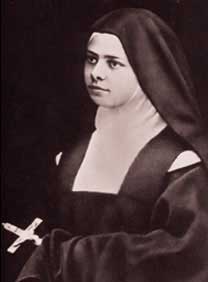
Day One – For the grace to enter into great silence
In this nine days of prayer with Saint Elizabeth of the Trinity, we will offer her oblation to the Trinity, “O My God whom I adore. “ Elizabeth wrote this prayer to help souls seek a spiritually mature relationship with God. This journey to spiritual maturity progresses by way of silence, an interior silence. This is not an empty silence or an alienated one. It is a silence that is vigilant for the new work that the Holy Trinity is waiting to do in us. On this first day of this Novena, let us begin by recalling Saint Elizabeth’s mission – a mission completely oriented to the powerful silence in which the soul encounters the fullness of God. She writes, shortly before her death:
I suppose that in heaven my mission will be to attract souls
Helping them go out of themselves
To cleave to God by a entirely simple and loving movement
And to keep them inside this great silence
That will allow God to imprint Himself in them
And transform them into Himself. L 335
That this mission might be realized in us, and that we might enter into great silence, and through Saint Elizabeth’s intercession, remain there, let us pray:
O My God, Trinity whom I adore, help me to forget myself entirely so as to be established in you as still and as peaceful as if my soul were already in eternity. May nothing be able to disturb my peace, nor make me depart from you, o my Unchanging One, but may each moment carry me further into the depths of your Mystery. Pacify my soul, make it your heaven, your beloved abode, your resting place. May I never leave you there alone, but may I be entirely present, my faith completely ready, wholly adoring, fully surrendered to your creative action.
O my beloved Christ, crucified by love, I would like to be a bride for your heart. I would like to cover you with glory, I would like to love you… unto death. I feel my powerlessness, however, and I ask you to clothe me with yourself, to identify my soul with all the movements of your soul, to defeat me, to overwhelm me, to substitute yourself for me, that my life might be but the radiation of your Life. Come into me as Adorer, as Healer, as Savior. O Eternal Word, Word of my God, I want to spend my life listening to you, I want to be completely docile, ready to learn everything from you. Then, through all nights, all voids, all weakness, I want to fixate on you always and to remain under your great light. O My beloved Star, fascinate me so that I would not be able to forsake your shining light.
O Consuming Flame, Spirit of love, come over me until my soul is render into an incarnation of the Word; may I be for Him another humanity in which he renews His whole Mystery.
And you, O Father, bend over your little creature, cover her with your shadow, and see in her only the Beloved in whom You are well-pleased.
O my Three, my All, my Beatitude, Infinite Solitude, Immensity in which I loose myself, I surrender myself as prey. Bury yourself in me in order that I might bury myself in you, while waiting to contemplate in your light the immeasurable depths of your grandeur.Amen

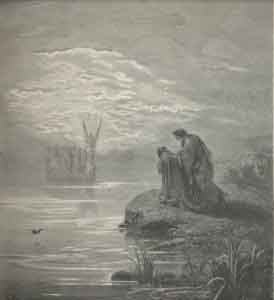
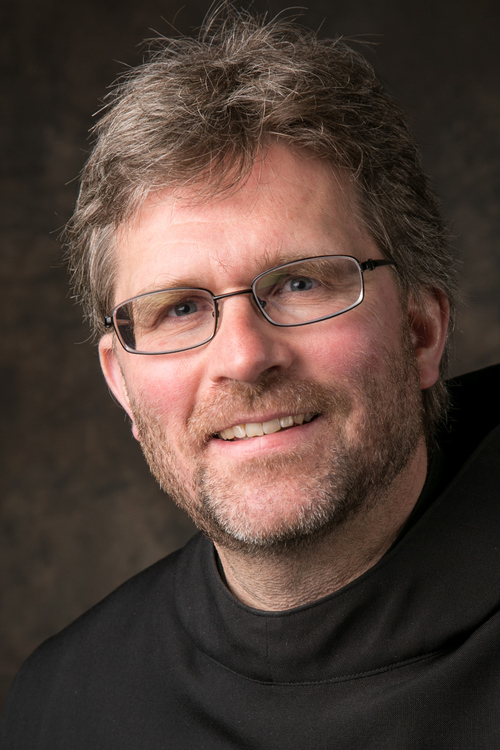
 From the
From the 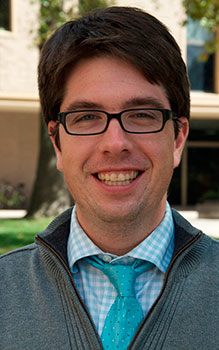 A great conversation with Dr. Timothy O’Malley, Director of the Notre Dame Center for Liturgy and author of “Off the Hook: God, Love, Dating and Marriage in a Hook-up World. ” He had me at “nuptial mystagogy.” I love a theologian who deeply appreciates the font of grace present in our liturgical expression and sacramental experience. From this point forward, this is THE book for practical, life-sustaining marriage formation. Outstanding!
A great conversation with Dr. Timothy O’Malley, Director of the Notre Dame Center for Liturgy and author of “Off the Hook: God, Love, Dating and Marriage in a Hook-up World. ” He had me at “nuptial mystagogy.” I love a theologian who deeply appreciates the font of grace present in our liturgical expression and sacramental experience. From this point forward, this is THE book for practical, life-sustaining marriage formation. Outstanding!

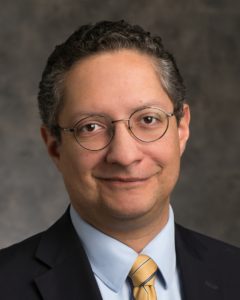
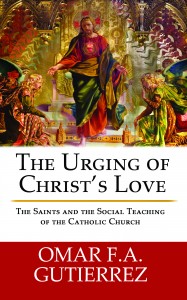
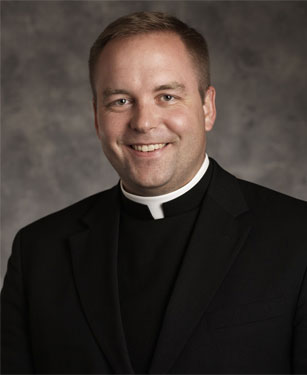
 Based on “Is Jesus Calling You To Be A Catholic Priest: A helpful guide,” published by National Conference of Diocesan Vocation Director.
Based on “Is Jesus Calling You To Be A Catholic Priest: A helpful guide,” published by National Conference of Diocesan Vocation Director. Dr. Lilles continues the spiritual explorations of the Letters of St. Elizabeth of the Trinity. In this episode, our conversation reflects on letter 184, with a special focus on Heaven, the Saints, and spiritual friendship as a spiritual reality.:
Dr. Lilles continues the spiritual explorations of the Letters of St. Elizabeth of the Trinity. In this episode, our conversation reflects on letter 184, with a special focus on Heaven, the Saints, and spiritual friendship as a spiritual reality.:


 Probably the darkest of all Shakespeare’s plays, Macbeth is also one of the most challenging. Is it a work of nihilistic despair, “a tale told by an idiot, full of sound and fury, signifying nothing”, or is it a cautionary tale warning of the dangers of Machiavellianism and relativism? Does it lead to hell and hopelessness, or does it point to a light beyond the darkness?
Probably the darkest of all Shakespeare’s plays, Macbeth is also one of the most challenging. Is it a work of nihilistic despair, “a tale told by an idiot, full of sound and fury, signifying nothing”, or is it a cautionary tale warning of the dangers of Machiavellianism and relativism? Does it lead to hell and hopelessness, or does it point to a light beyond the darkness?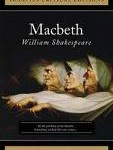

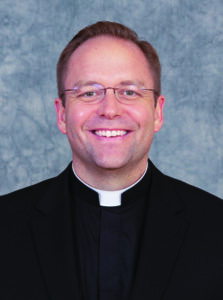

 Outside of the Sacramental prayers of the Church, there is no other prayer more important than the prayerful recitation of the Holy Rosary of the Blessed Virgin Mary.
Outside of the Sacramental prayers of the Church, there is no other prayer more important than the prayerful recitation of the Holy Rosary of the Blessed Virgin Mary.
